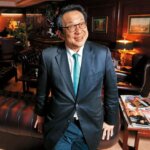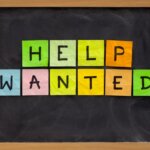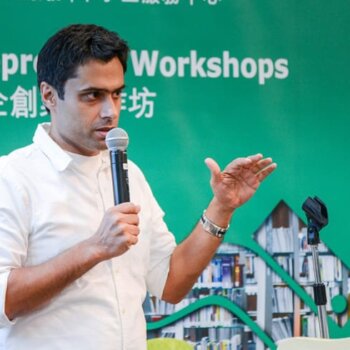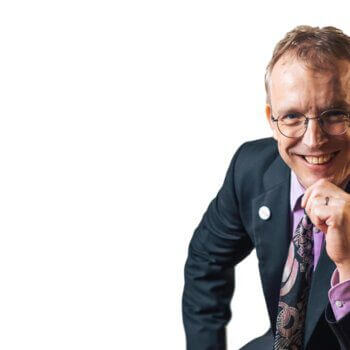Everyone in the business world – especially an entrepreneur – needs a role model, a mentor, a source of inspiration. According to a recent survey by blur Group which covers more than 1000 entrepreneurs from over 75 countries, 28 percent picked Richard Branson as the most inspirational entrepreneur. The main reason for choosing Branson is his ideas and his constant product innovation.
His first business venture was a magazine called ‘The Student’ which became an overnight success. He transacted under the name ‘Virgin’ because he was new at business. Branson opened his own record shop in London which also earned him a lot of money. In 1972, he launched his record label ‘Virgin Records’ and set up his recording studio in a country estate that he had purchased. He rent out the studio to several artists and among the first to do so was Mike Oldfield with his album ‘Tubular Bells’. This album was in fact the first release by Virgin Records which also became chart topper and best seller. Virgin Records became known for signing even controversial bands such as ‘Sex Pistols’ which were refused by other record companies. Virgin Records was also responsible for exposing the public to music like Faust and Can and introducing Culture Club to the music industry. In 1992 Branson had to sell his Virgin label which was bought by EMI for £500 million. Branson was very unhappy about the sale because it had been the first company of the Virgin Empire.
In 1984, Branson started the Virgin Atlantic Airways followed by Virgin Mobiles in 1999 and Virgin Blue (now called Virgin Australia) in 2000. Branson was ranked 9th in the Sunday Times Rich List of 2006 with a net worth of more than £3 billion. Before the launch of Virgin Mobiles, Branson decided to expand into the railway industry which is considered to be a risky venture by many. Virgin Trains also got the franchises for Cross-Country sections of the British Rail as well as the Intercity West Coast. Virgin Group also acquired the Euro Belgian Airlines which was called Virgin Express. It also started a national airline in Nigeria by the name of Virgin Nigeria. Virgin America, another airline began in August 2007. A less successful brand of Virgin Group was Virgin Vodka and Virgin Cola. Virgin Group now comprises of 400 companies in more than 30 countries. Richard Branson is also known for his world record breaking attempts out of which he succeeded in crossing the Atlantic in his Virgin Atlantic Challenger II in 1986 and the Atlantic and Pacific crossing in a hot-air balloon in 1987 and 1991 respectively. He was knighted in 1999 for his immense contribution to the world of business.
But even with a net worth of approximately $4 billion, Branson has a role model. The entrepreneur he admires most is Apple guru Steve Jobs. Jobs was ranked second in the global survey of entrepreneurs, collecting 17 percent of the votes. (For the record, Bill Gates came in third, with 12 percent of the vote, followed by Warren Buffett at 5 percent and Donald Trump at 4 percent.) Why the praise for Jobs? Branson says the Apple entrepreneur has produced a great brand and a great company. “He is the greatest comeback artist,” Branson says. “He has twice been down and out and fought his way back, and created a brilliant global company.” Branson adds: “Everything he does is real class. If he wanted to rename his company Virgin Apple, I’m sure we would be more than happy to merge!” If anyone could pull off that merger, it would be Richard Branson and Steve Jobs.
Branson has achieved phenomenal entrepreneurial success.Richard Branson is truly an international entrepreneur, icon and adventurer whose Virgin conglomerate has provided worldwide services with world class quality.






























